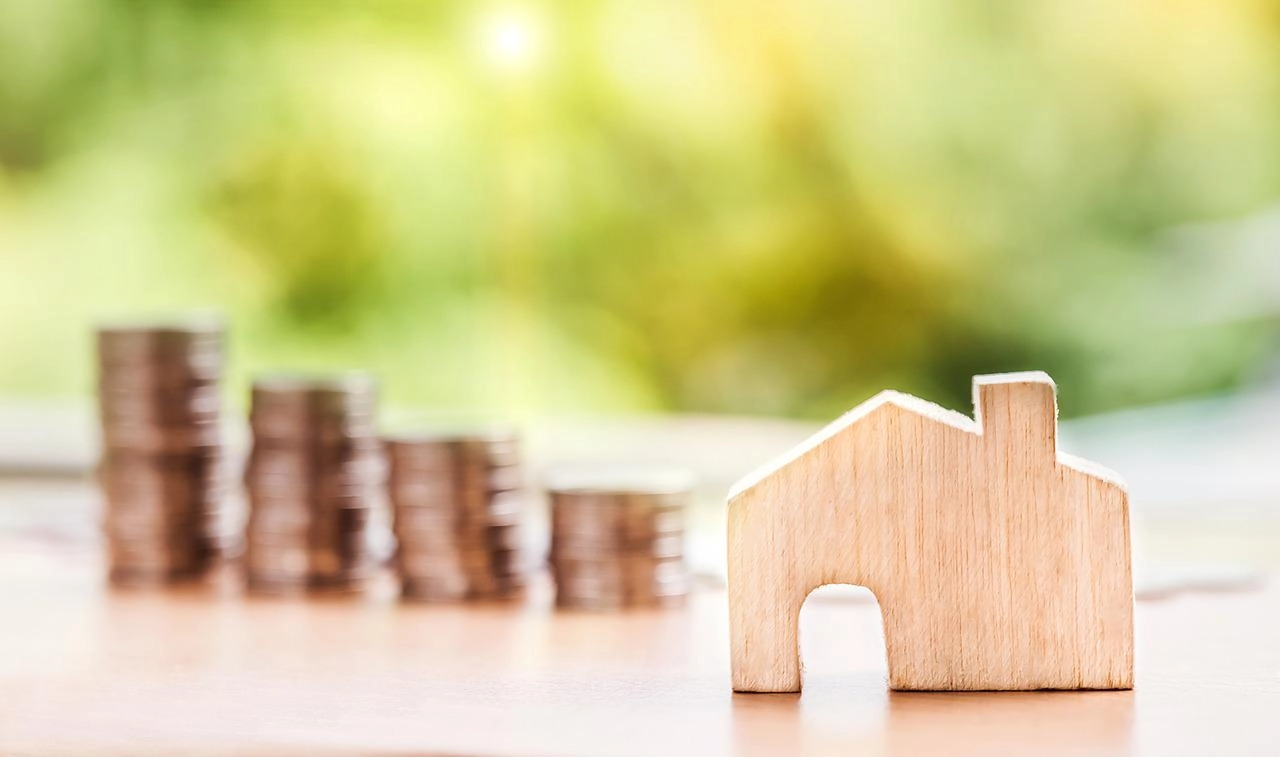Factors for Determining How Much House You Can Afford?
When you decide that you're ready to purchase your first home, it can be easy to get caught up in the excitement of the moment and make decisions that are later regretted. While there are many factors that go into determining how much house you can afford, there are some general guidelines you can use to help with this decision making process. Here's a look at what you need to know about the factors involved in determining how much house you can afford, so you can make an informed decision when the time comes.
Look at Your Income and Expenses
You'll want to figure out how much money you can spend on housing every month—this will be determined by looking at your income (how much money you make) and expenses (how much money goes toward necessities like food, clothing, transportation, etc.). The best way to determine what percentage of your income should be dedicated to housing is with a rent-to-income ratio: divide your monthly rent by your gross monthly income.
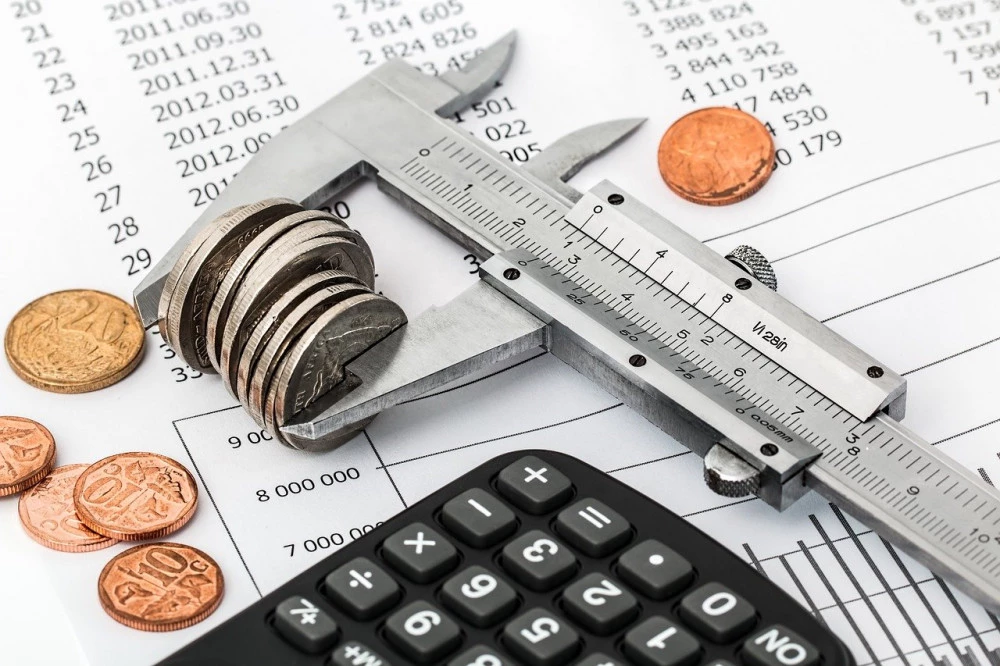
Calculate How Much Down Payment And Closing Costs You Need
There are different methods to calculate how much down payment and closing costs you need to buy a house. The first method is to add all your expenses after moving in, mortgage payments and utilities, then subtract from it your income. The amount of money left over is what you can afford to put towards your down payment. The second method is to use a mortgage calculator to find out how much house you can afford based on your income and credit history, then subtract that number from it.
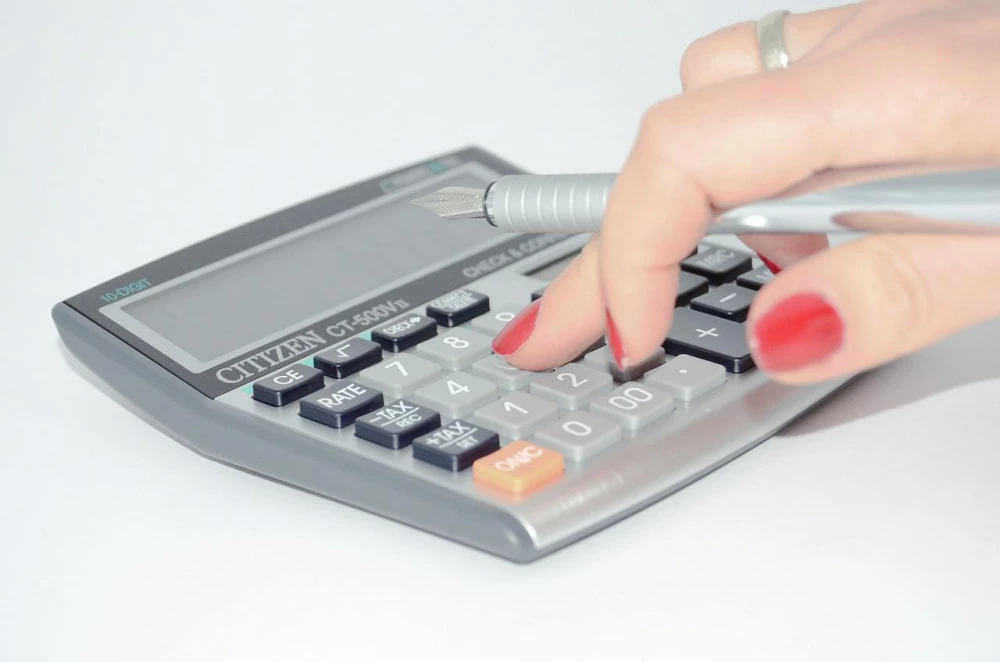
Important Real Estate Expenses That Could Put A Dent In Your Wallet
The mortgage, taxes, insurance, maintenance and home furnishings are all potential real estate expenses. Prioritize which ones are most important to you when determining how much house you can afford. A good rule of thumb is to keep your total real estate costs at no more than 30 percent of your take-home pay. That way, you'll have enough left over to cover other living expenses like food and utilities. Remember that these figures will change as your income rises or falls—so be sure to revisit them from time to time.
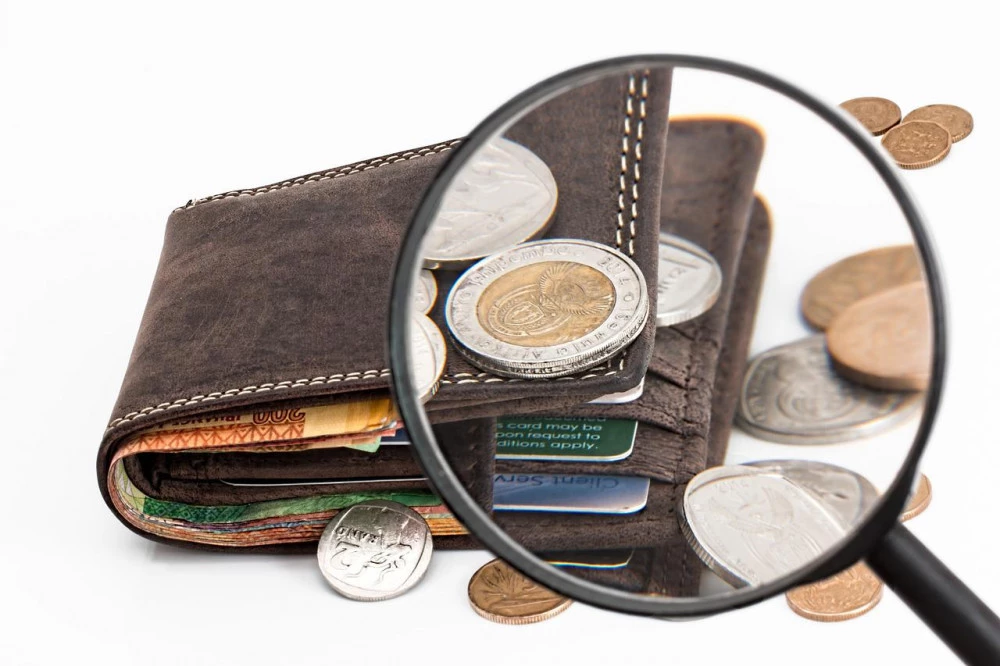
Understanding The Two Main Mortgage Types
Fixed-rate mortgages are ideal if you think interest rates will go up over time. If that's your expectation, you'll want to choose a fixed-rate loan so that when interest rates do rise, your monthly payment will remain stable. However, if you expect interest rates to fall in coming years, an adjustable-rate mortgage (ARM) might be better because it allows your rate to change with market conditions. This can help you save money if rates drop but also means higher payments if they rise.
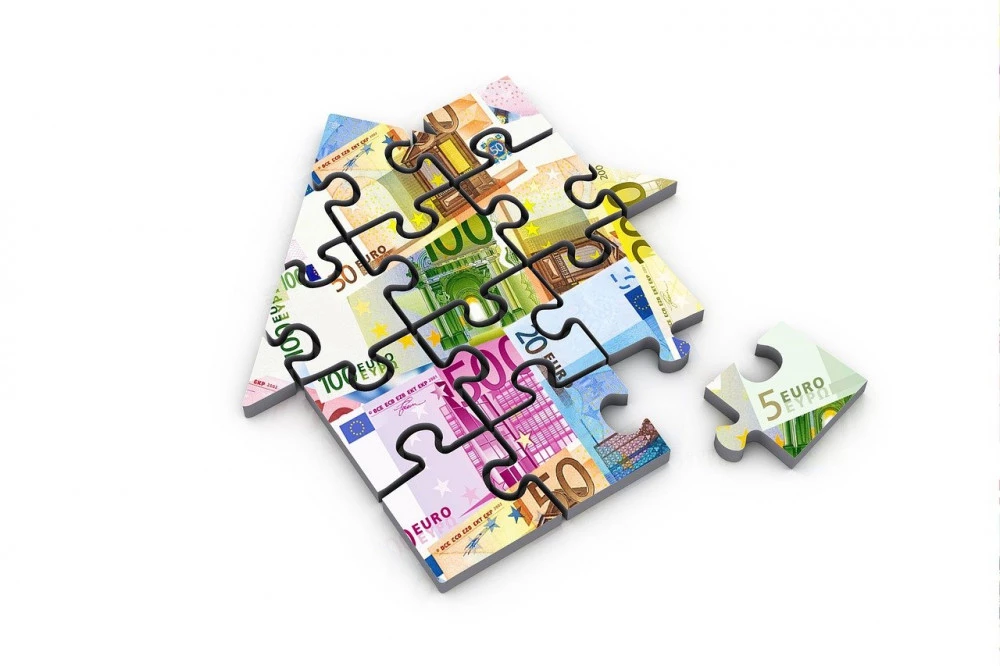
Getting The Best Mortgage Loan Rates
While it's tempting to take out a loan at 0% interest, if you're not careful, you could end up with an adjustable rate mortgage and owe more money on your house than you bought it for. Avoid that scenario by choosing a fixed-rate loan instead. Don't just look at one interest rate quote—shop around!
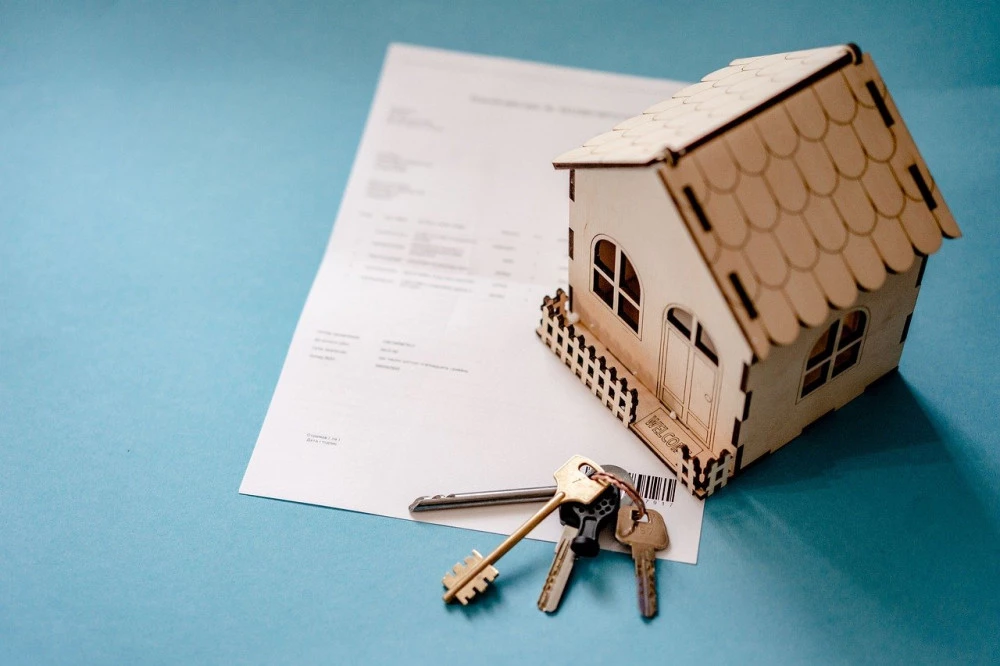
Mortgage rates differ widely based on loan type and various other factors, so make sure to do some comparison shopping.

